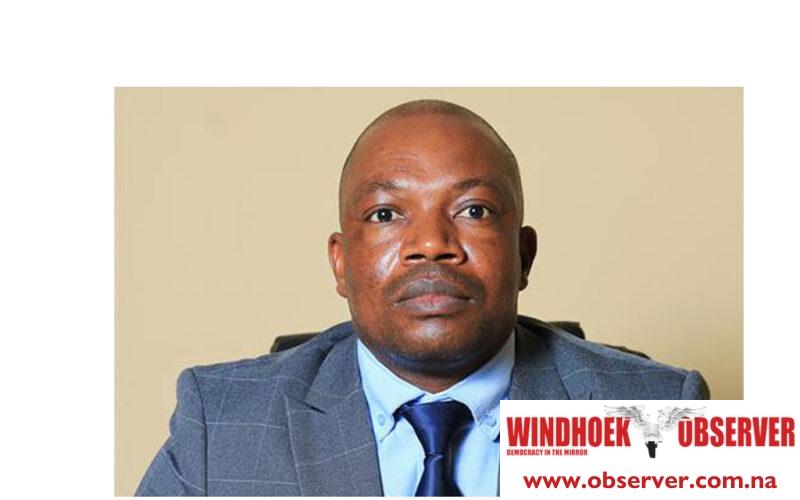Stefanus Nashama
Rundu Rural Constituency Councillor, Paulus Mbangu has questioned the allocation of heroes and state funerals to prominent politicians and other famous Namibians.
“We are a nation whose cup overflows with hypocrites who give heroes and heroines nothing but pain during their lives and mourn and groan inappropriately upon their deaths. It is painful to note that the state discarded and forgot the contribution of our heroes before Mother Earth accepted the bones of our heroes,” he said in an interview with the Windhoek Observer on Wednesday.
According to Mbangu, the issue has turned into a political script that will not bring about any change but will result in an abundance of insincere displays of grief.
Mbangu cited the case of Chief Sitentu Mpasi of the Ukwangali Traditional Authority.
Chief Mpasi, despite significant contributions to Namibia’s freedom, did not receive a state funeral when he passed away in 2014.
“How many times were real freedom fighters and their kith and kin ignored, unrecognised, stuck in utter poverty and undignified, making a mockery of their sacrifices,” he asked.
Mbangu called for transparency from the National Honours Advisory Committee regarding the criteria for recognizing heroes and heroines.
He suggested that the current process lacks clarity and consistency.
According to Mbangu, the committee should inform the public about the criteria used to recognize heroes and heroines.
He also proposed that state funerals be reserved only for the Head of State and former Heads of State unless the criteria are revised to include other deserving freedom fighters.
“The committee’s malicious and fashionable hypocrisy is unacceptable. Uncle Diescho was right when he referred to state funerals as the road full of lack of rules. It is indeed a jungle of injustice,” he said.
The National Honours Act of 2012 (Act No.11 of 2012) established a National Honours Advisory Committee to advise the President on conferring honours and provide for related matters.
Under this Act, a ‘hero or heroine’ is someone who has performed a heroic deed for the public good or has made outstanding contributions or achievements for Namibia and is honoured by the President.
Under Article 32(3)(h) of the Namibian Constitution, the President has the power to award honours to Namibia’s citizens, residents, and friends as deemed appropriate.
The Namibian political analyst Joseph Diescho, who is based in Germany, also questioned the difference between a state funeral and an official funeral.
“The pomp and ceremony are the same. Same military parade, brass band and shooting guns in the air. Same stale speeches from all living Presidents which they never saw themselves. The same required attendance of state officials and the usage of state transportation and accommodation for MPs and ministers. Same expensive tents and carpets. Same expensive dining and winning of VIPs. Same black leather chairs for VIPs. Same Chief Mourner Nonsense,” he said.
According to Diescho these resources indeed impact on the healthcare, education system and public infrastructure.
“Still the carnival of state funerals continues with the government begging the world for help to feed the hungry and promise a better tomorrow for the growing number of families in state-organised poverty,” he said.
Another political analyst, Sakaria Johannes backed Mbangu’s sentiments stating that it was not the first time such incidents had occurred in Namibia.
“There are two things that we have to bear in mind as we are approaching this issue, which is the meaning and the order of things.
Johannes explained that the meaning of a hero is what many people see and understand looking at what a person has done in society.
On the order of things, he said it is those who have the power to decide whether a person is a hero or not.
“It’s hard to understand but that is reality,” he said.




